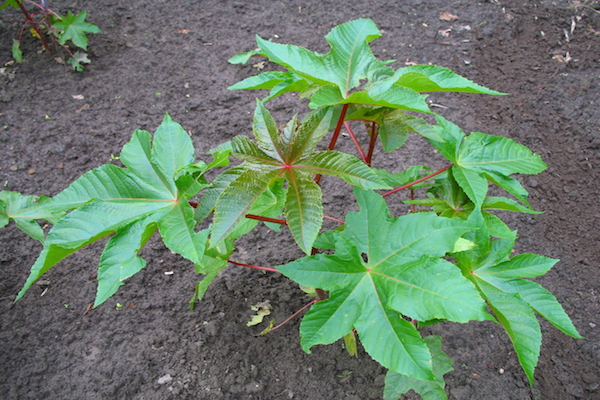Effects of ricin extracted from seeds of the castor bean (ricinus communis) on cytotoxicity and tumorigenesis of melanoma cells
Abstract
Ricin has been reported as a potential therapeutic agent for the treatment of various cancers due to its potency. In this study, we succeeded in isolating and purifying total ricin from seeds of the castor bean (ricinus communis) from Vietnam. We also revealed that total ricin showed strong cytotoxicity against melanoma cells; IC50 at 48 h was 34.1 ng/mL for SKMEL28 cells and 5.2 ng/mL for HaCaT cells. We examined the ability of total ricin to inhibit tumorigenesis of SKMEL28 cells in vitro. At low concentrations (< 3ng/mL) total ricin did not cause death of HaCaT or SKMEL28 cells but strongly reduced the size of SKMEL28 tumor colonies formed in soft agar. The effect of ricin on tumorigenesis was also confirmed by apoptotic and immunoblot analyses. Our results showed that treatment with total ricin (3 ng/mL) resulted in decreased ERK and p-ERK expression in SKME28 cells but did not affect expression levels of those genes in HaCaT cells. We showed that, although ricin at 1 and 3 ng/mL did not induce apoptosis of HaCaT cells, it significantly increased apoptosis of SKMEL28 up to 1.4 folds and 2.1 folds, respectively. The results from our study suggest that although ricin is listed as one of the most poisonous substances in nature, it has potential to be used as a drug for melanoma treatment.

Downloads
Published
Issue
Section
License
Copyright The Author(s) 2017. This article is published with open access by BioMedPress. This article is distributed under the terms of the Creative Commons Attribution License (CC-BY 4.0) which permits any use, distribution, and reproduction in any medium, provided the original author(s) and the source are credited.
